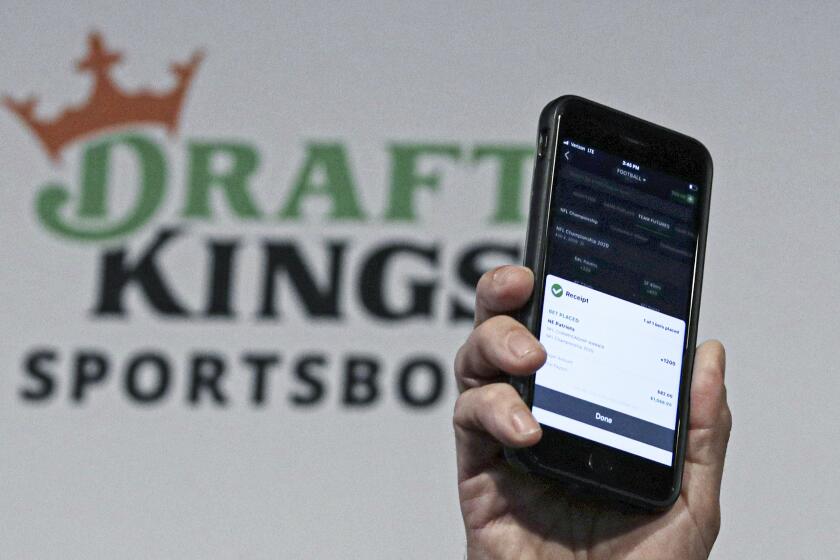Going into too much debt at a for-profit college
Dear Liz: I’m going to owe nearly $40,000 in student loans when I graduate in the spring with an associate’s degree in political science with paralegal studies as my major. I’m attending an online university. Is this debt worth it, and is the school I’m attending credible enough for employment? I’m very worried.
Answer: You should be. You’ve borrowed a small fortune to get a two-year degree that would have cost about $5,000 at your local community college. For-profit institutions, like the one you’ve chosen, are coming under increased criticism for using taxpayer-subsidized loan programs to boost their revenue while not always providing valuable or high-quality educations to their students.
The Government Accountability Office was concerned enough about reports of deception that it sent undercover investigators to 15 for-profit colleges and discovered that all 15 misled potential students about their programs’ cost, quality and duration. Recruiters at four of the colleges encouraged the investigators to lie on their financial aid forms. (Most for-profits depend heavily on federal aid in the form of grants and low-interest student loans.)
The GAO study was followed by a report in August from the U.S. Department of Education, which found that nearly two-thirds of the students who borrowed to attend for-profit schools weren’t repaying their federal loans. By contrast, the repayment rate for private nonprofit schools’ borrowers was 56%, while 54% of those who borrowed to attend public schools were in repayment mode.
You might want to talk to your local junior college to see whether any of your credits will transfer and whether you might be able to finish up your education for less. If not, lean on your school’s placement office to help you find a job. You’re graduating into a tough economy with an overpriced degree of unproven value, so you’re going to need all the help you can get.
Creditors are first in line for estate distribution
Dear Liz: My oldest sister died recently. She owed a fair amount of credit card debt. She willed her condominium and the rest of her estate to my brother. Must my brother pay my sister’s debts from what he receives after he sells the condo, or are those debts considered closed?
Answer: Creditors typically must be paid before the remainder of an estate can be distributed to any heirs. That’s true even if specific items or dollar amounts are willed to specific people — they get what’s left only after the creditors get their share. If there isn’t enough money in the estate to pay the creditors in full, the executor of the estate is responsible for arranging settlements and the heirs typically get nothing.
Since it sounds as if your brother is also the executor, he would be wise to consult an attorney at this point. Executors can be held personally responsible — and sued — for any mistakes made in settling an estate.
Closing card account could hurt credit score
Dear Liz: I recently received a credit card to replace an existing one. The retailer that provided the card switched it from a Visa to an American Express. But the retailer also cut my credit limit to $1,000. My old limit was $10,000. Currently I have three other major credit cards with available credit limits totaling more than $10,000. My FICO scores are excellent and I always pay my balances in full. Could you please advise whether I should activate this new card or cancel it? Would it hurt my FICO scores if I cancel the account?
Answer: The new card is probably showing up on your credit reports already, whether it’s activated or not. If you were to close it now, you would risk hurting your good scores.
That’s not to say that you can never close an account. But if you’re trying to improve your scores, or you’ll be in the market for a major loan such as mortgage in the near future, you generally want to avoid closing accounts.
If you don’t activate the card, you might not receive the benefits that typically come with a co-branded retailer card, such as coupons and discounts. If you’re a fan of the retailer, you’ll probably want those goodies.
You might try contacting the retailer and letting it know that you’re unlikely to use the card because the credit limit is so low. Let the retailer know you’re concerned about your good credit scores, since you know you should use 10% or less of your card’s available credit to preserve them. That would mean any shopping spree would have to end at $100.
That might win you a higher limit, or it might not. If it doesn’t, feel free to substitute another card that treats you a little better.
Liz Pulliam Weston is the author of “Your Credit Score: Your Money and What’s at Stake.” Questions for possible inclusion in her column may be sent to 3940 Laurel Canyon, No. 238, Studio City, CA 91604, or via the “Contact Liz” form at https://www.asklizweston.com. Distributed by No More Red Inc.
More to Read
Inside the business of entertainment
The Wide Shot brings you news, analysis and insights on everything from streaming wars to production — and what it all means for the future.
You may occasionally receive promotional content from the Los Angeles Times.










